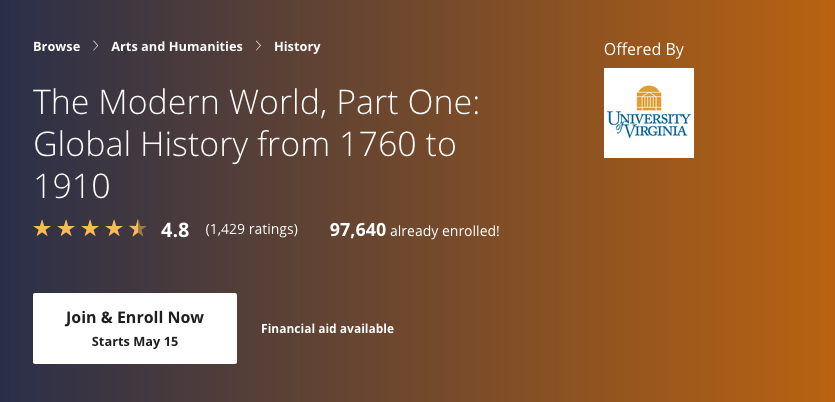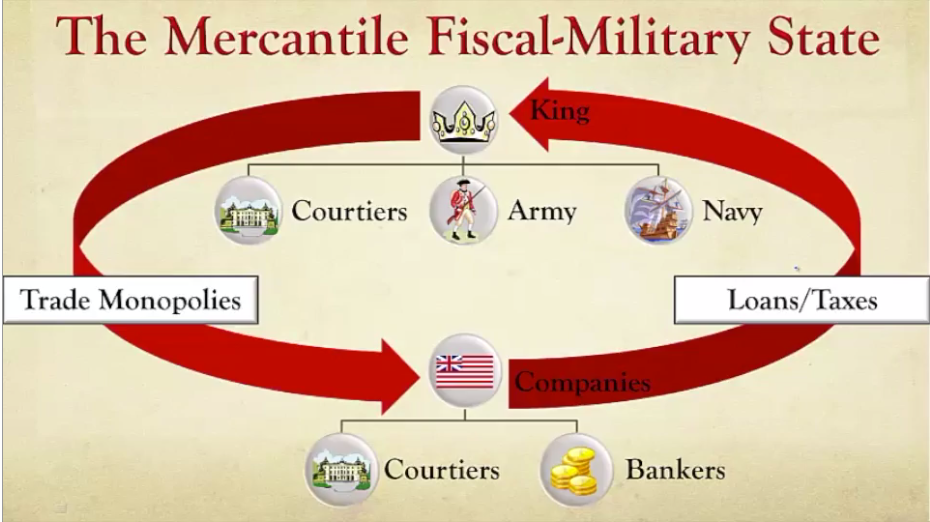Week 1 The Modern World

The great divide between traditional and modern world.
- The rate of population growth
- Malthusian trap
- Finite number of stuff produced.
- Population increases, less food available, population drops.
- The global Europe.
- Political revolutions
- Democracies, nations, liberal.
- Culture
- Human mastery over environment.
- Identity, status.
Traditional V Modern world.
| Traditional | Modern |
|---|---|
| Natural energy like wind, animal power. | Manmade energy |
| Rural communities | Urban communities |
| Agricultural | Industrial |
| Income is static. | Growth and surplus |
| Unstable lives | Stable lives |
| Communities stable | Communities unstable |
| Relgion | Science |
| Local identity/culture | Mass identity/culture |
| Weak kingdoms | Strong states. |
Why the great divide?
- Sudden or slow?
- Predetermined?
- Material or cultural?
- Technology?
- why England?
Hindsight Blinds
World of 1760
- Consolidation of large land empires in eurasia.
- Discovery of new world
- East asia
- Ming dynasty
- Powerful, but not interested in oceanic expansion.
- Falls to ching dynasty
- South asia
- Mughal empire.
- Rise of Maratha empire
- Southwest Asia
- Ottoman empire.
- Europe
- Very fragmented.
- France, spane, austrian, and english empires.
- Rise of prussia.
- Europian Atlantic empires
Commercial revolution
- Situation in Atlantic World
- Goods - sugar, coffee, silver, gold
- Money - silver, gold, trade
- Honor
- Knowledge/Discovery
- Land
- New markets for goods, specially luxury goods.
- Religous tolerance.
- Problems/opportunities
- Ships
- Science - for navigating, manufacturing.
- Fiance - financing of invasions on to atlantic world.
- Labor - slavery
- Protection - professional armies and navies.
- Fiscal - Millitary state.

Millitary Revolution
- Artillery
- Millitary engineering - Fortifications, Navies etc
- Professional, drilled armies.
- Professional staff which worked in planning, supply chain to support wars.
- Unstable Europe, leads to continuous improvement in millitary technologies.
- Printing press.
cultural interactions
- What do they value?
- Asians more inward, Europeans more outward.
- What do they fear?
Struggle for India
- Battle of plasey establishes British empire on Indian subcontinent.
- British won war for north america.
- Problem of colonists in North america
- Land restrictions
- Trade restrictions
- Taxes - Army